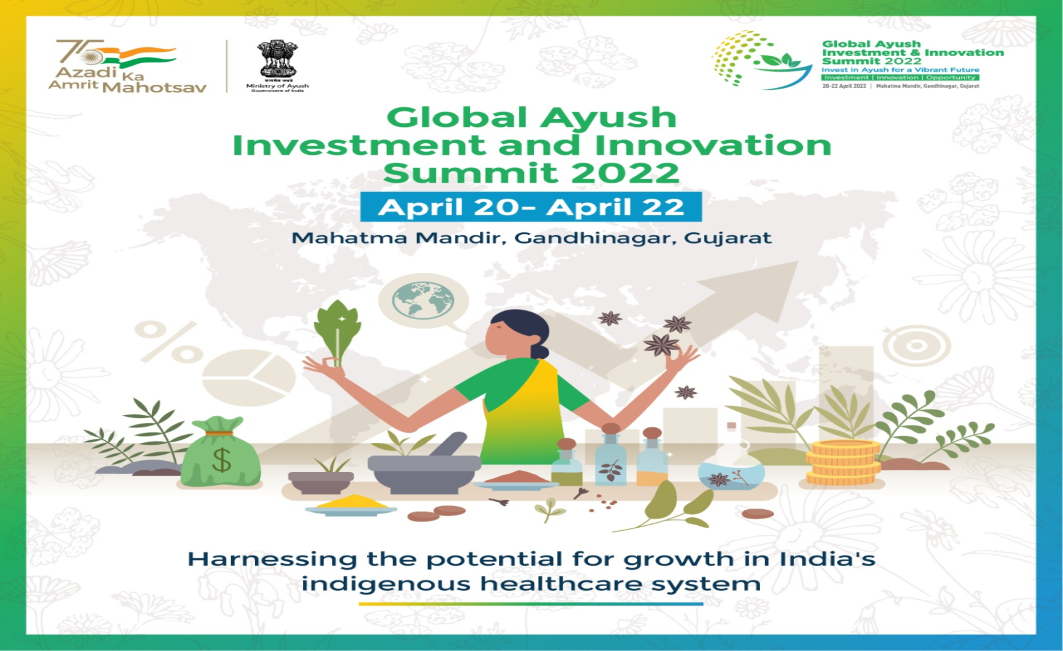Free Courses Sale ends Soon, Get It Now


Free Courses Sale ends Soon, Get It Now


GLOBAL AYUSH INVESTMENT & INNOVATION SUMMIT

Copyright infringement not intended.
Context
The Prime Minister opened the Global Ayush Investment and Innovation Summit in Gandhinagar, Gujarat, with the goal of revitalising and extending the country's traditional medical systems.
Traditional Medicines
Traditional medicine is defined by the World Health Organization as the sum total of knowledge, skills, and practises based on ideas, beliefs, and experiences unique to many cultures and employed in the prevention, diagnosis, improvement, or treatment of physical and mental illness.
All about the summit
Key launches
Ayush Ahar
Assessing the Problems
Way forward
https://www.youtube.com/watch?v=wOTlBIWdqPA&list=PLVOgwA_DiGzrOZ062PskBVE83abtupy3z&index=5
© 2024 iasgyan. All right reserved